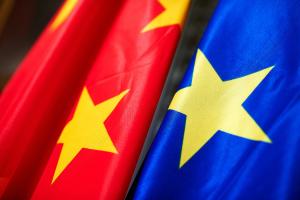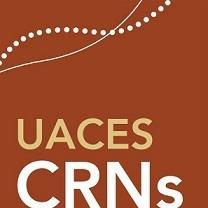European and Asian Perspectives on China's Belt & Road Initiative - Regional Programme Energy Security and Climate Change in Asia and the Pacific
Congress
Details
Capitalizing on its four decades of economic growth, its political clout and the favourable international circumstances, China's President Xi Jinping announced the idea of constructing a Silk Road Economic Belt during his visit to Astana in 2013. Soon after, he announced the idea of the Maritime Silk Road during his visit in Jakarta. Ever since, what is now called the “Belt and Road Initiative” (BRI) has gradually become a concept central to China's foreign policy, becoming enshrined in the Constitution of the Communist Party during the 19 National Party Congress.
The BRI implicates the EU and Europe as a whole. Europe geographically is one of the areas where BRI unfolds. The EU, its member states and other countries in Europe and in the European Neighbourhood are considered by China as partners in fulfilling the BRI vision. China has embarked on a pro-active foreign policy in Europe, reaching out to the EU, to national governments but also by creating new (sub)regional platforms for cooperation. As a result, Europeans fiercely debate the opportunities and challenges that arise from the advancement of the BRI.
On the policy level, the BRI is rapidly evolving into the most ambitious global plan currently led by any government, often called a blueprint for a new way of globalization. In practice, however, the BRI has yet to overcome a number of challenges and obstacles. The fact that the BRI vision involves diverse (sub)regions and modes of cooperation – from economic development in crisis-striken political environments such as Pakistan and Afghanistan to the investment in and operation of facilities in developed liberal democracies – makes strategic positioning challenging for external observers.
After previous meetings in Beijing, Guangzhou, Chengdu, Hong Kong and Taipei, the workshop will take place in Astana, Kazakhstan, in 2018 where the BRI was formally announced, aiming to create a fruitful and thorough debate on some of the core questions for scholars and practitioners. Its also aims to bring together perspectives from different areas of the world, from various disciplines and approaches, on both macro- and micro-level of analysis, and make a contribution to an emerging debate.
The two-day workshop will cover the following themes:
- What are the geopolitical and geo-economic implications of the BRI for China-Europe relations and Europe's global role?
- How does it affect Eurasian connectivity and integration?
- How does the BRI link China's domestic and foreign policy?
- What are the prospects in and responses from various regions and countries, in particular in Central Asia, the Middle East, and South- and Southeast Asia?
- What are the implications for other regional and global powers, such as Russia, India, Japan and the United States?
- What are the normative implications of the new China-centred institutions that accompany the BRI?
- What are the prospects for issues of energy security in the era of the BRI?
- How ‘green’ will the Belt & Road be and how to ensure that projects under the BRI will uphold and advance sustainability principles?
- What are the opportunities for businesses and social enterprises?
Paper submission is currently open. For details, visit here.





